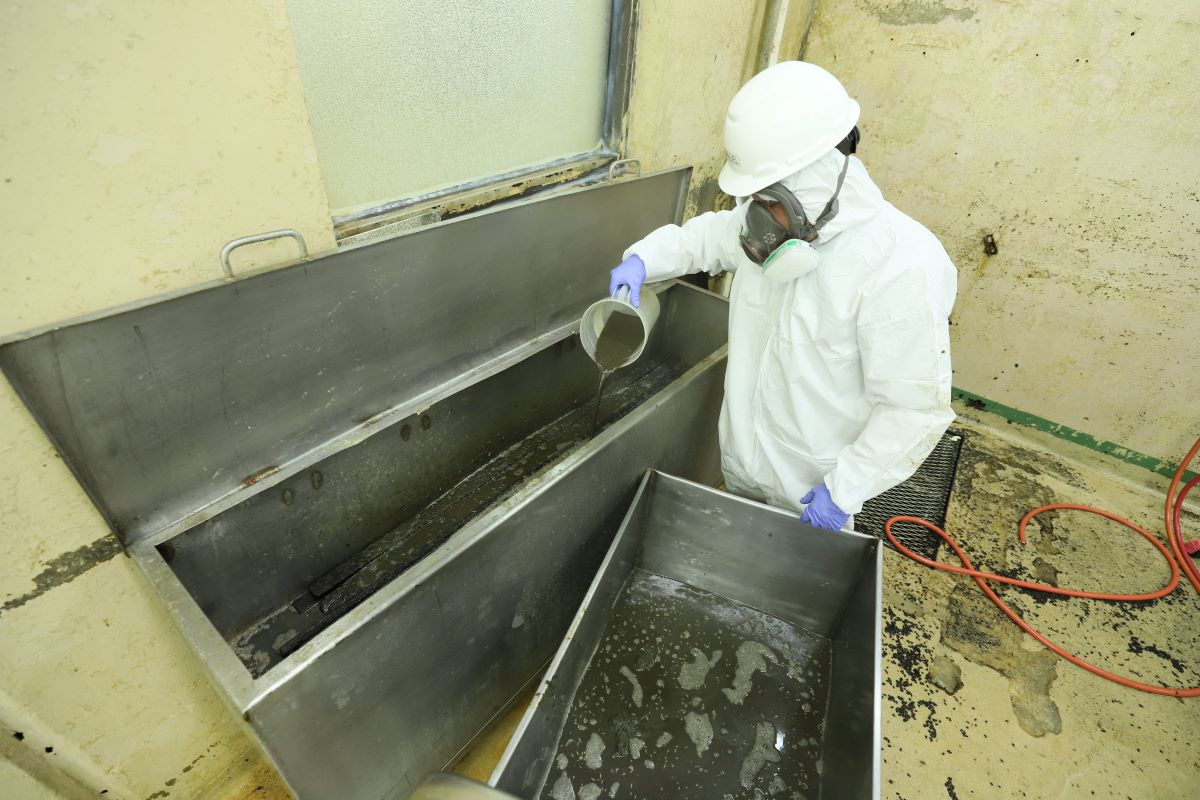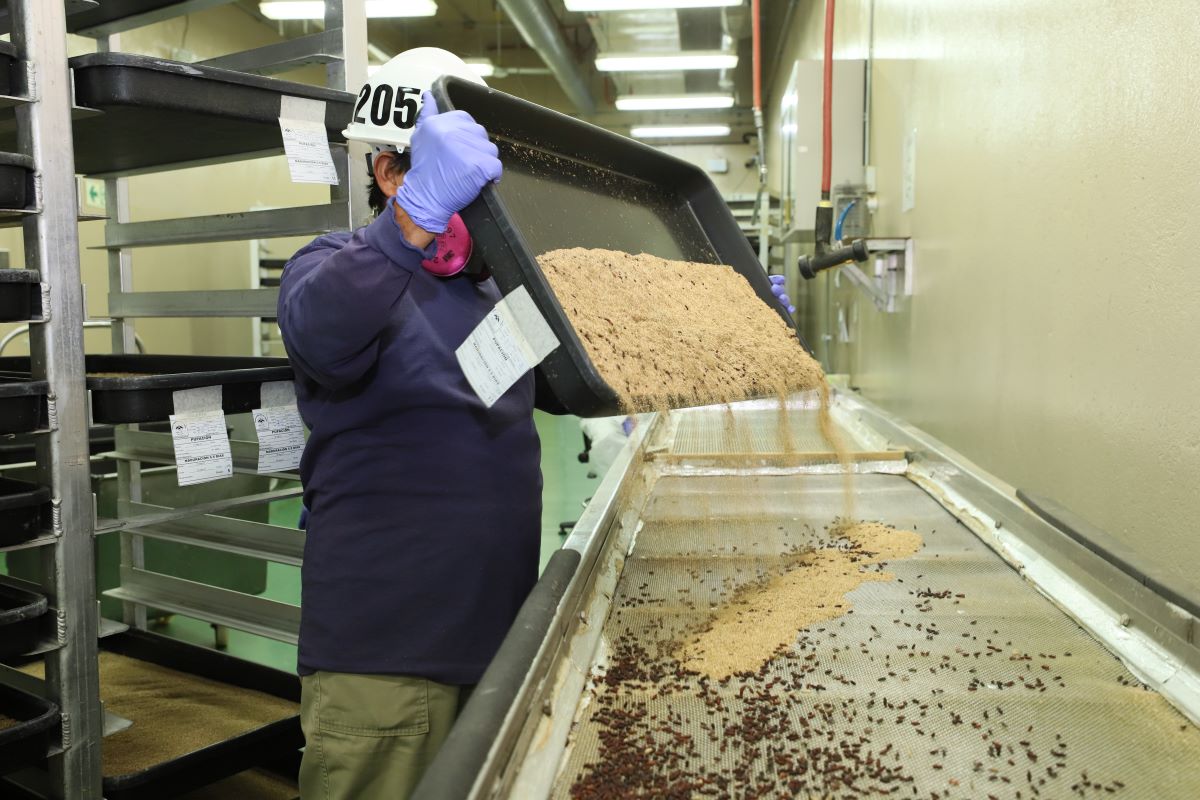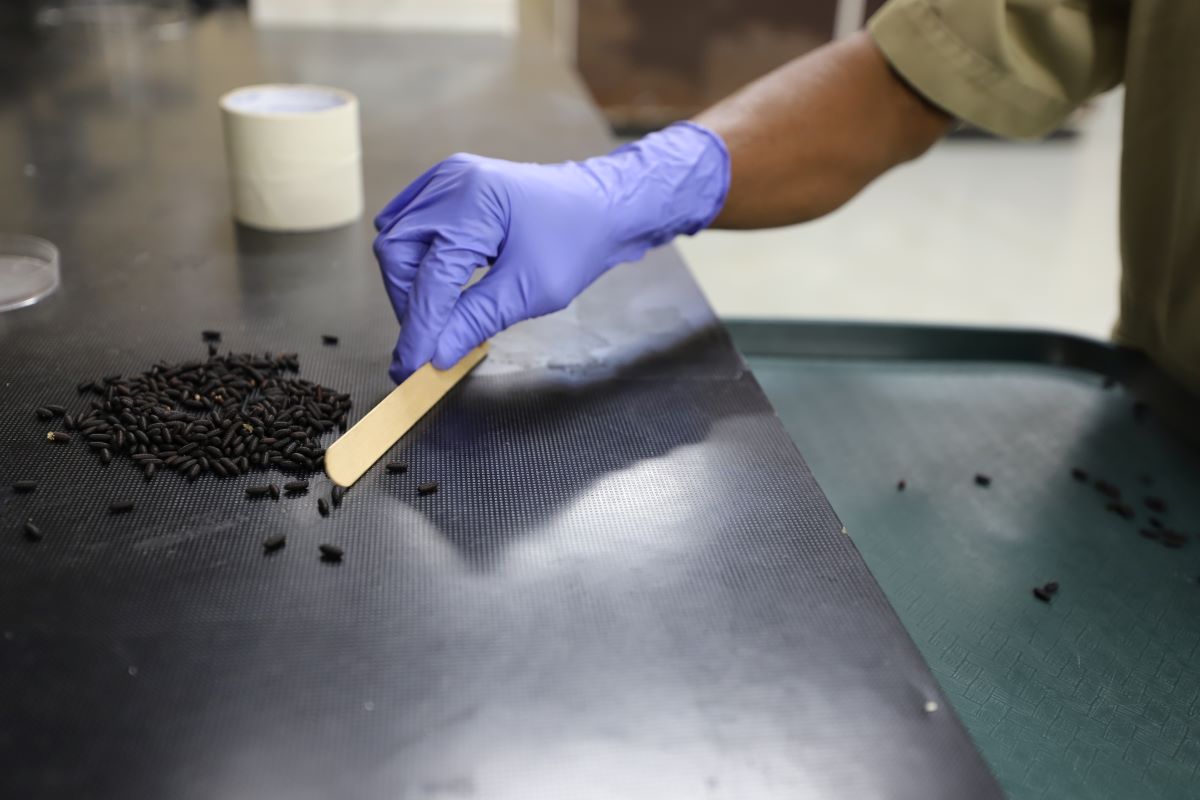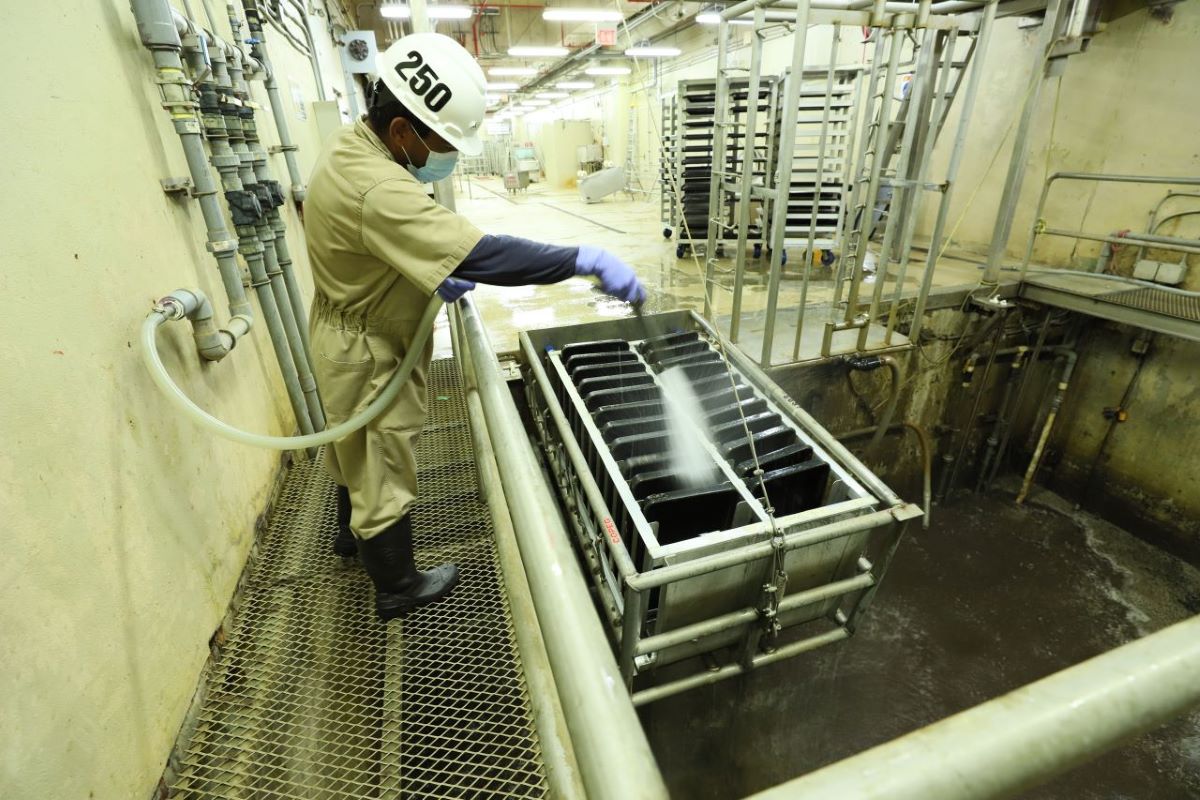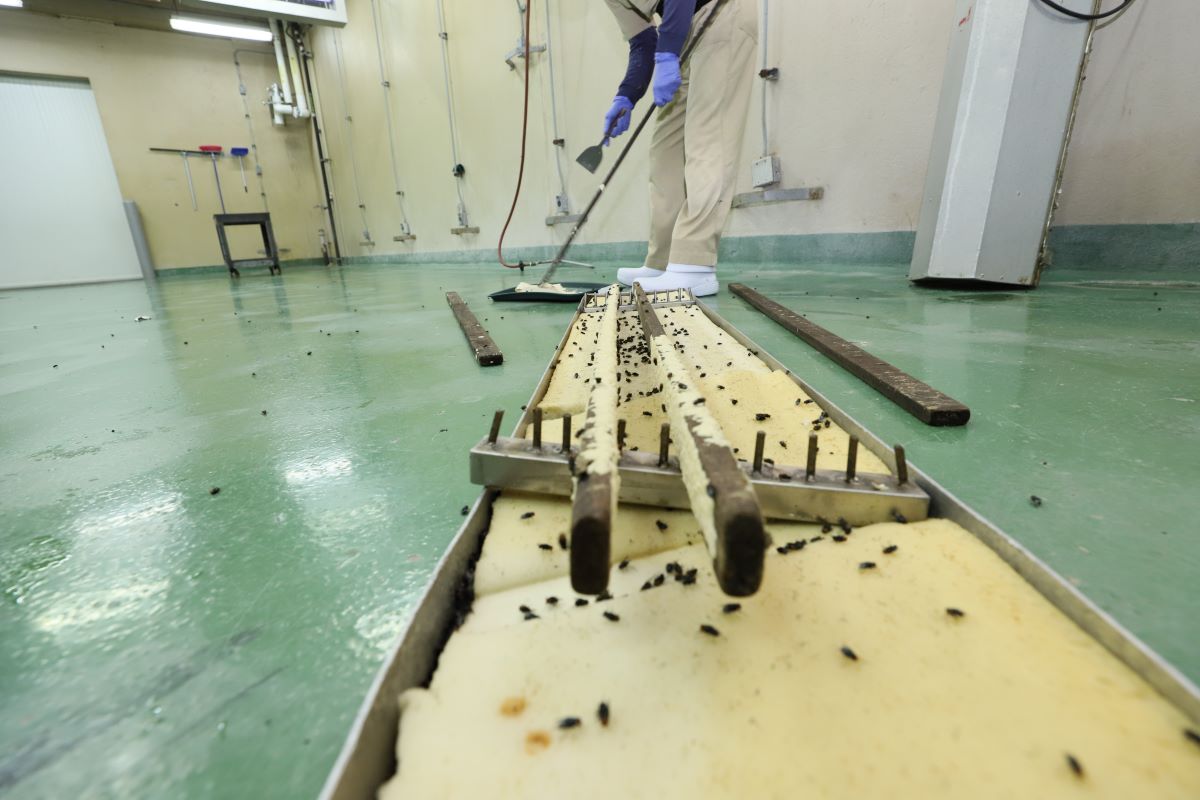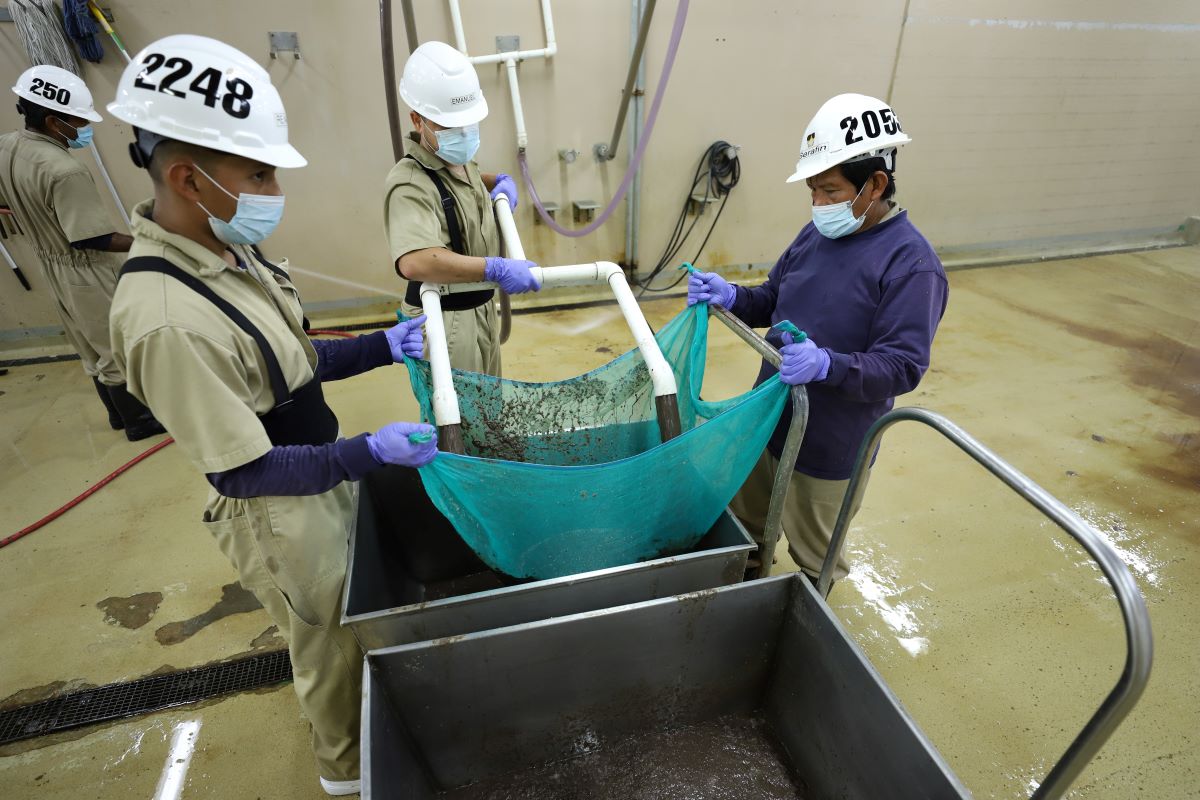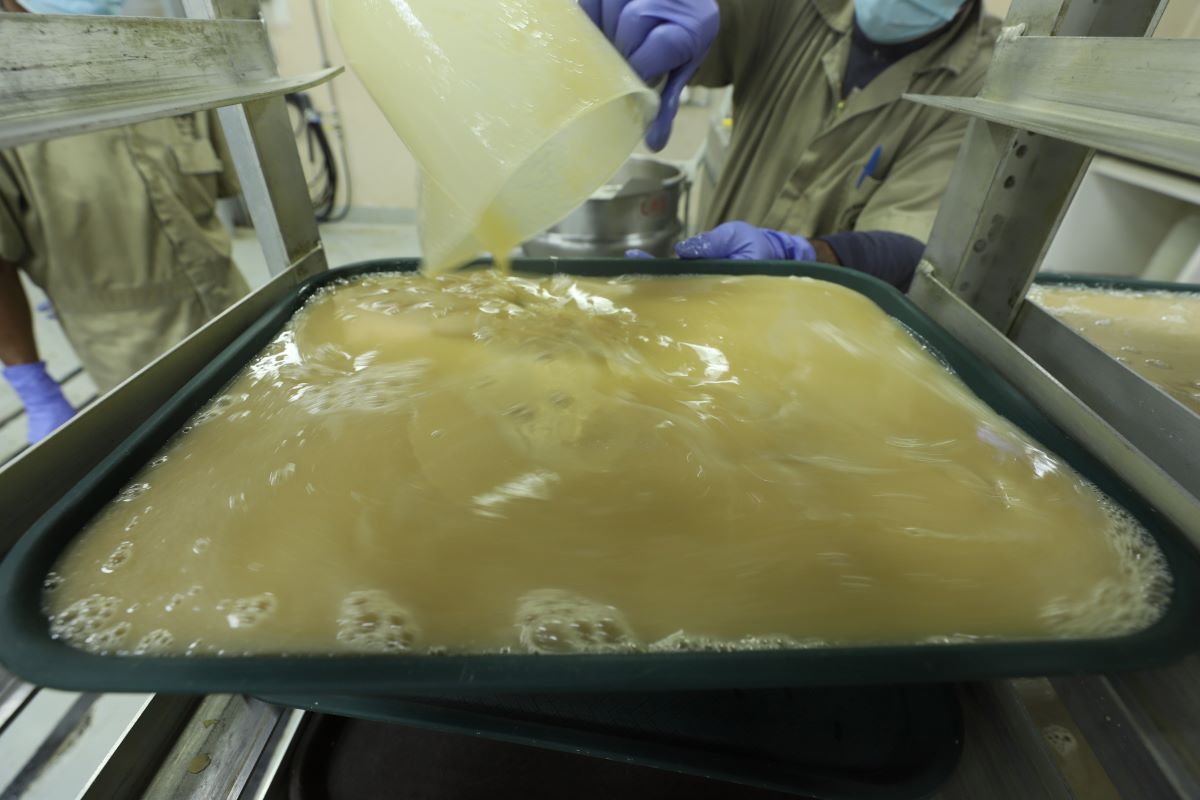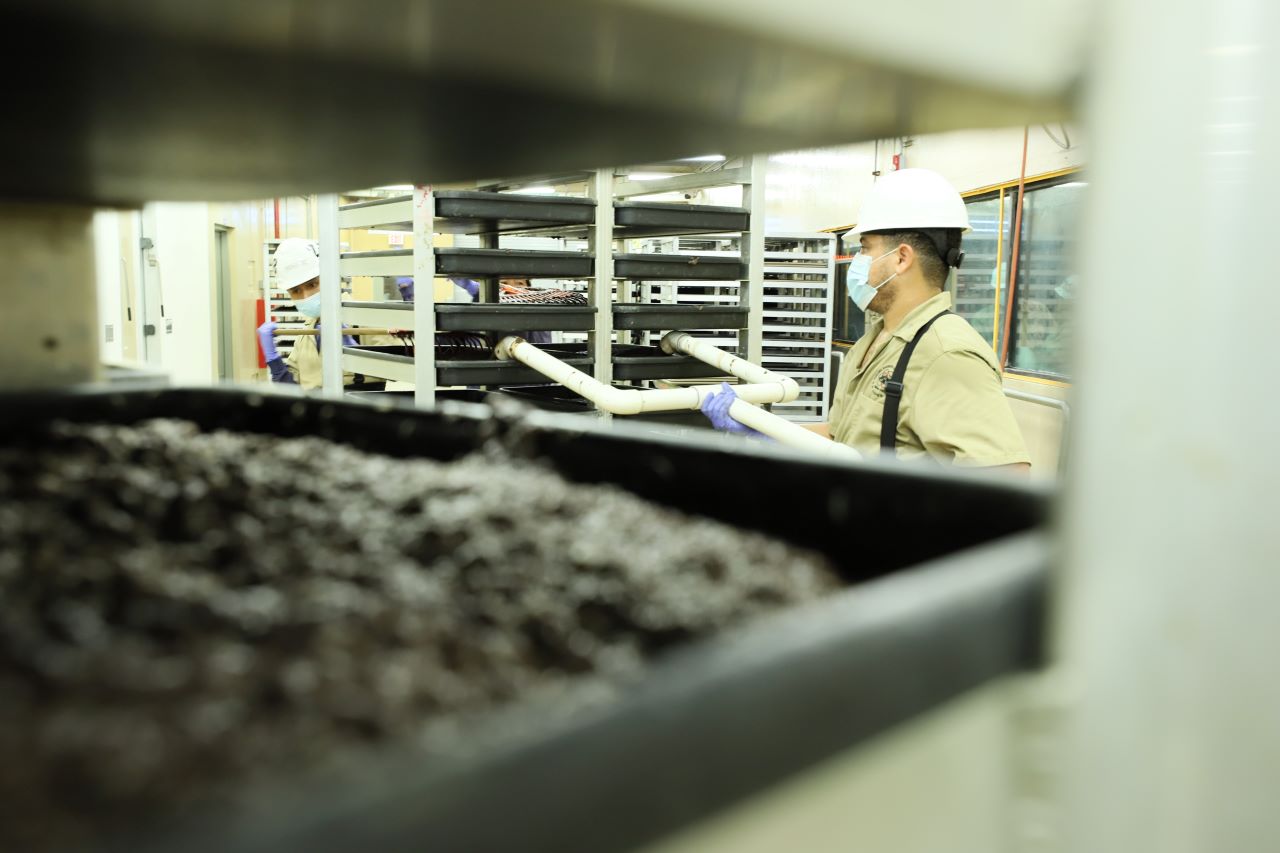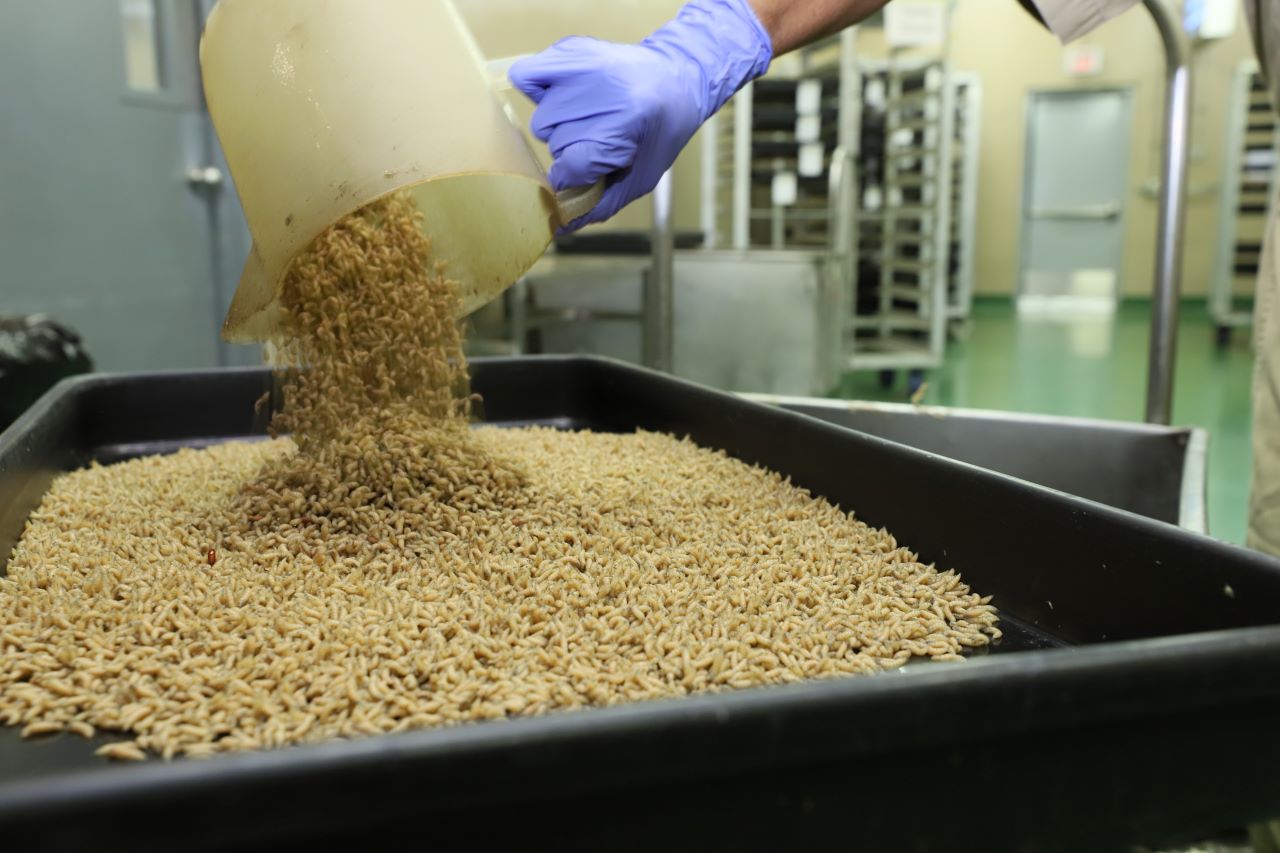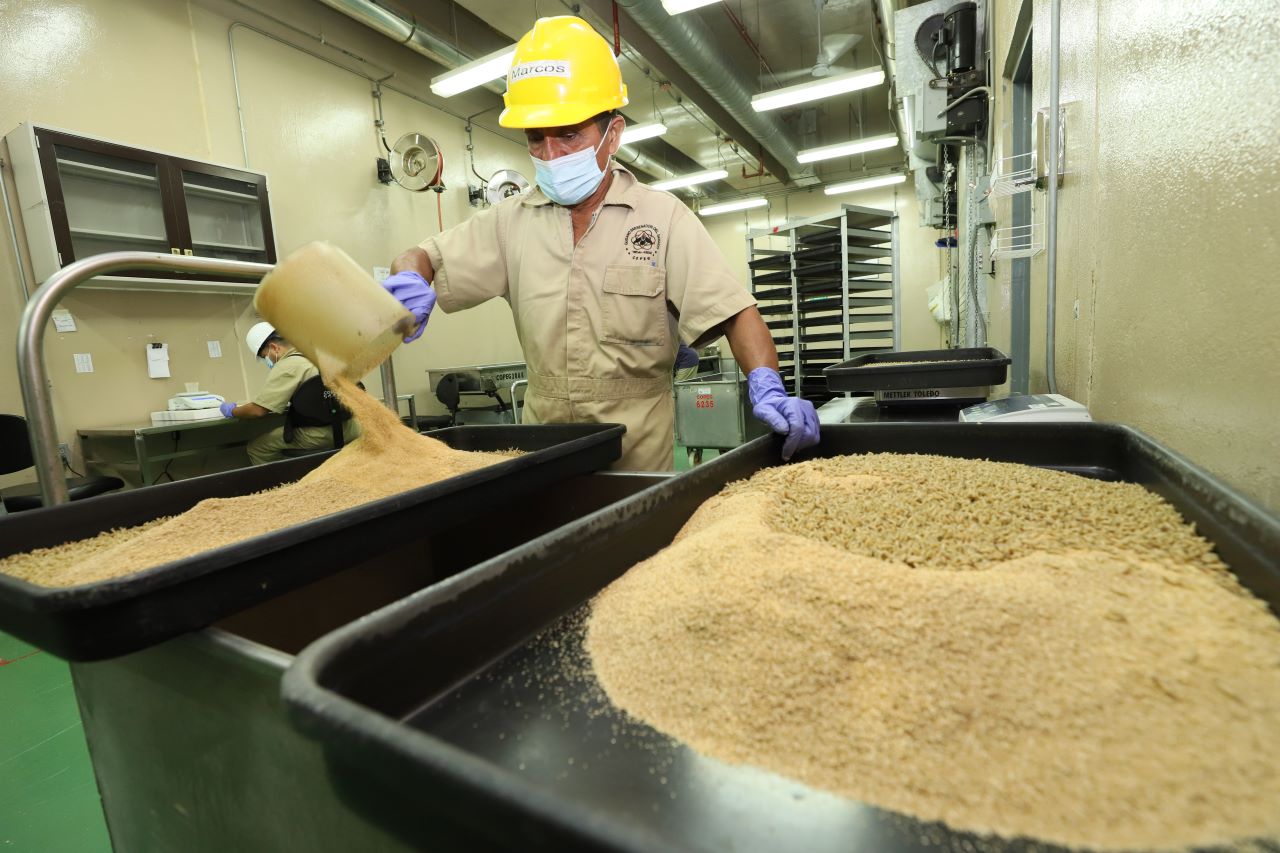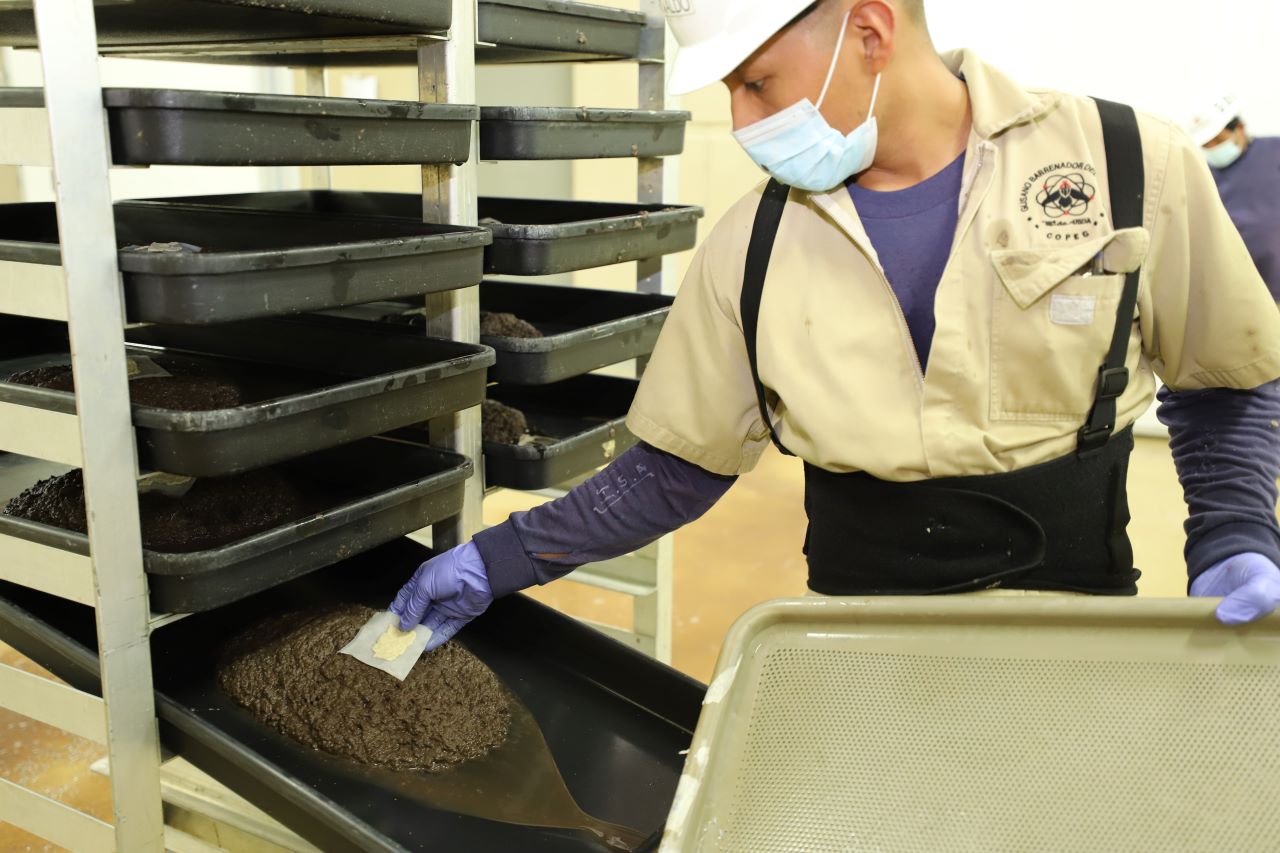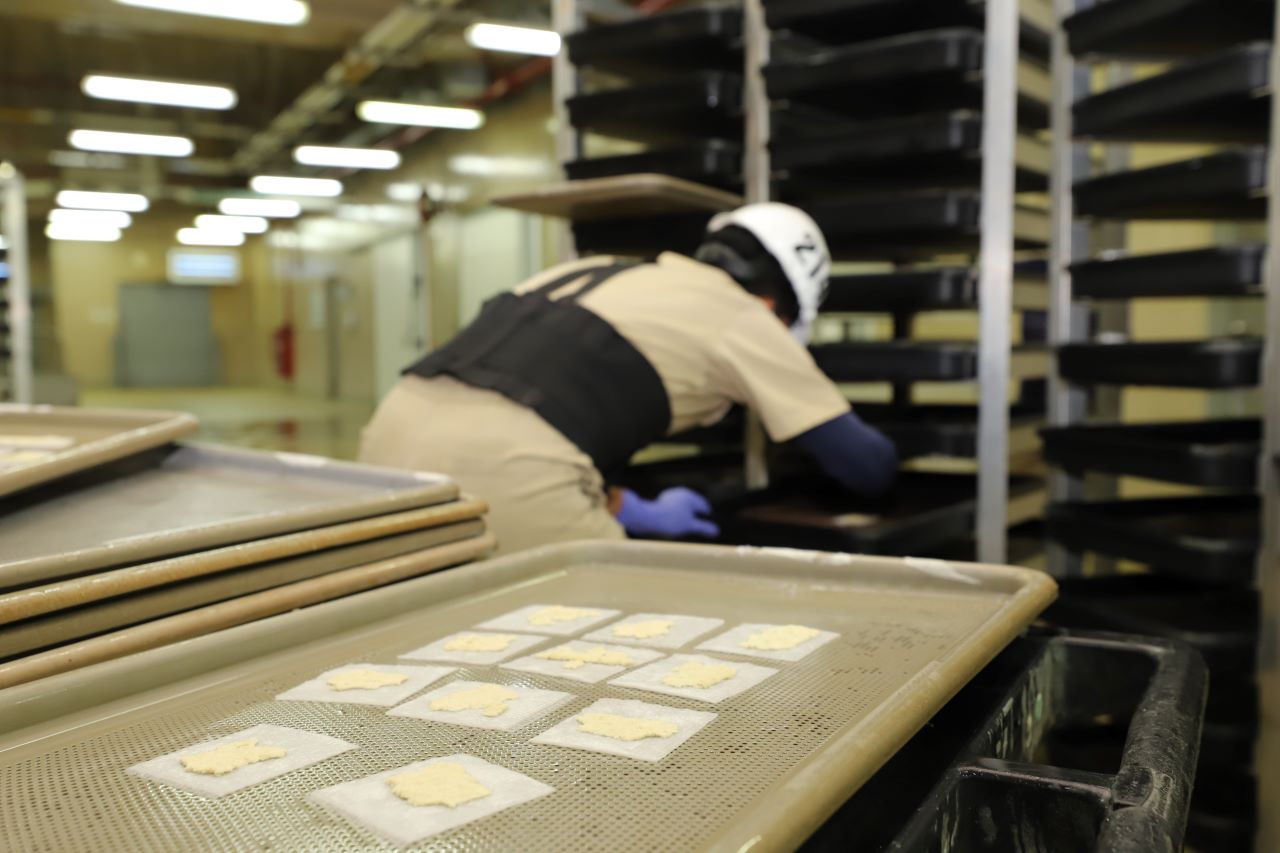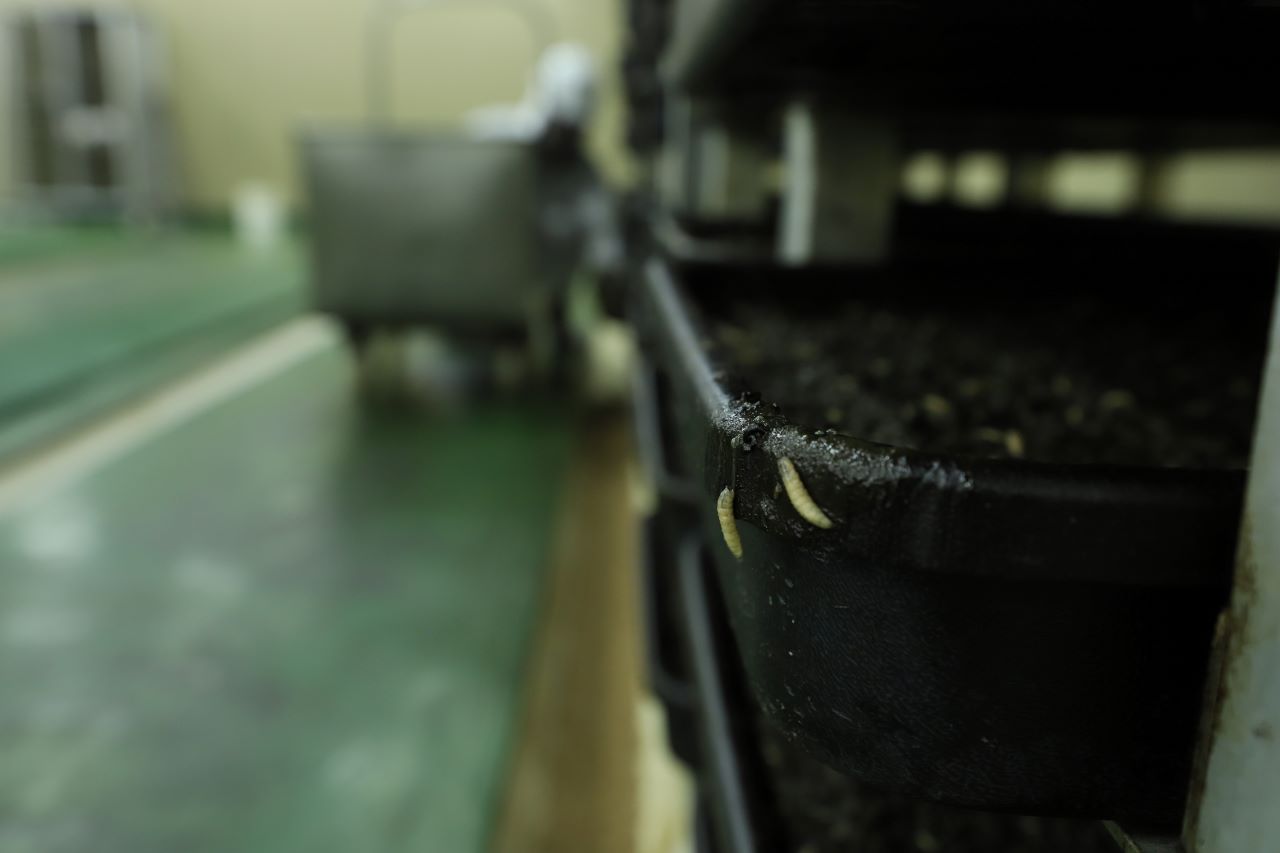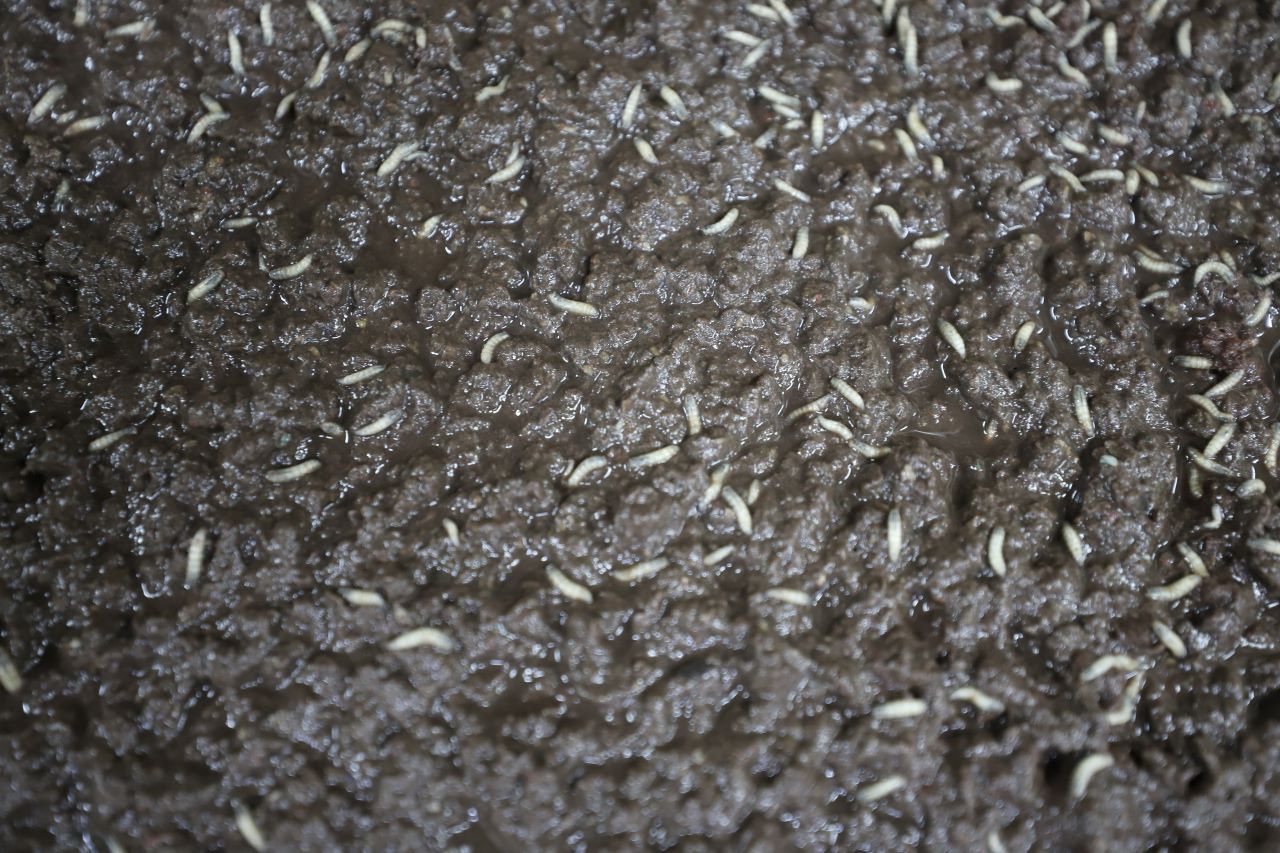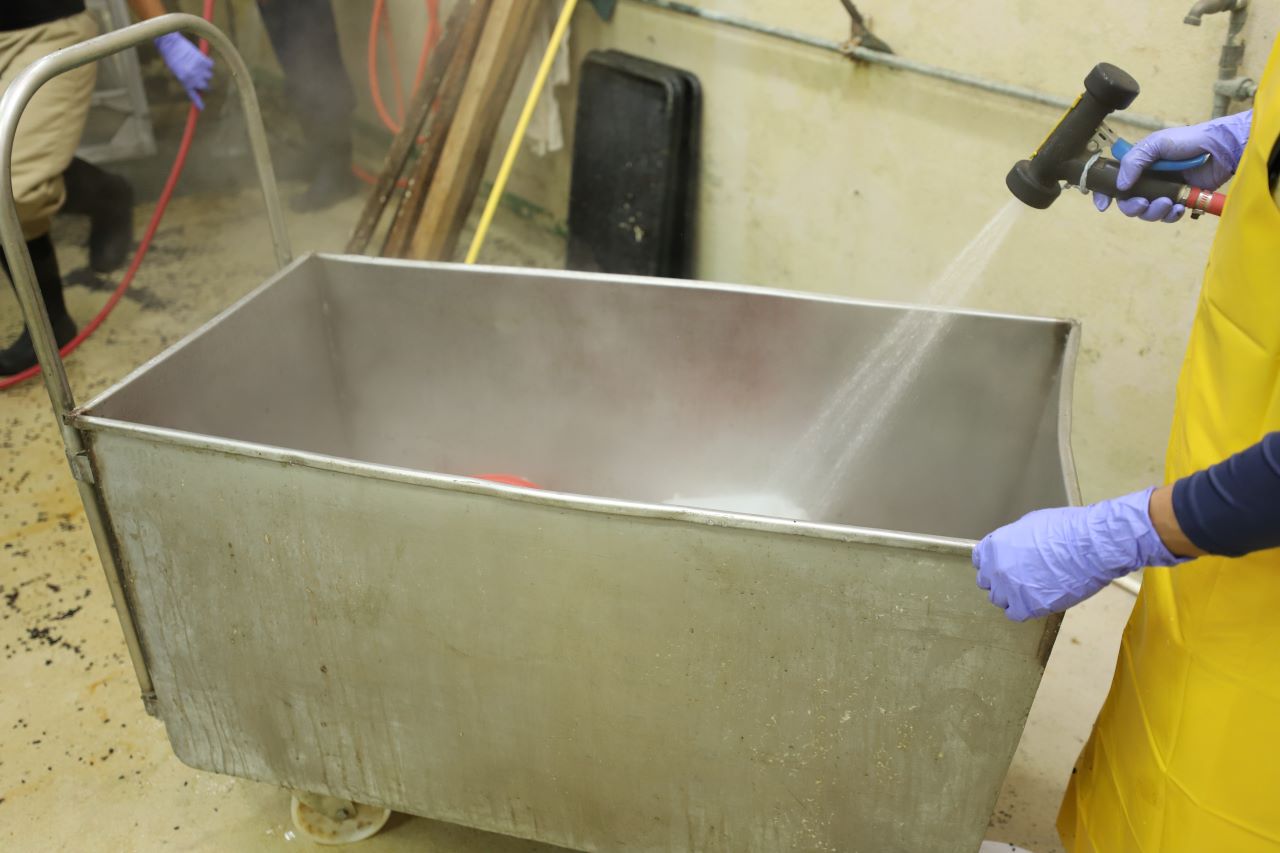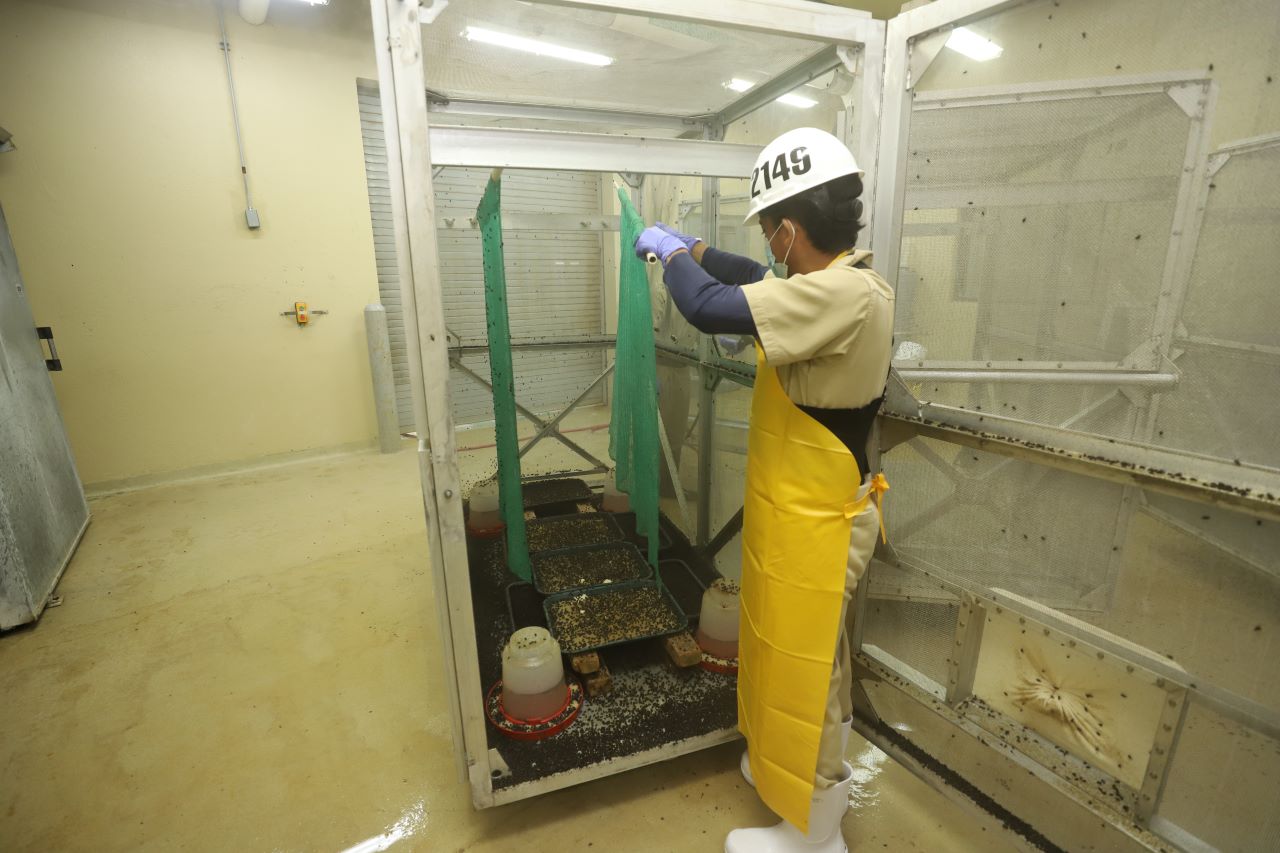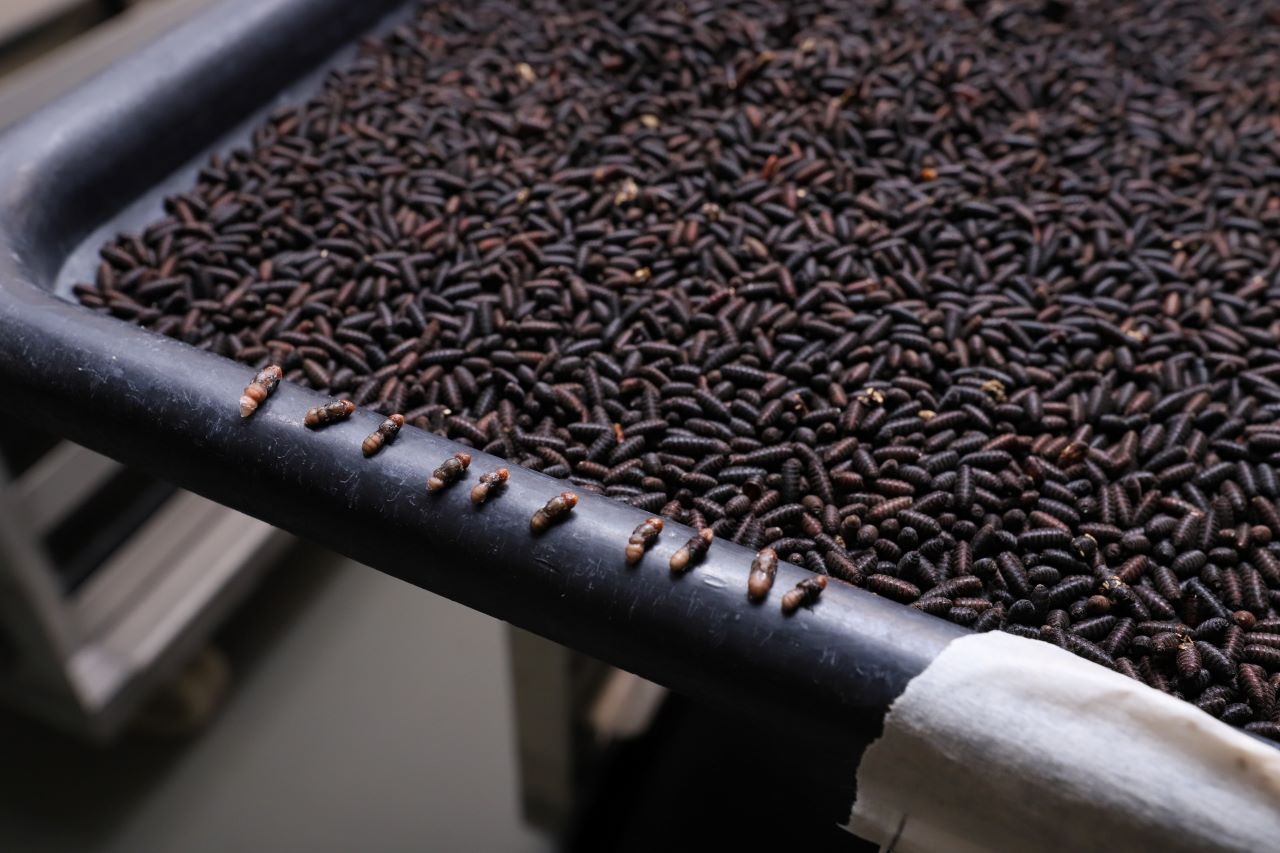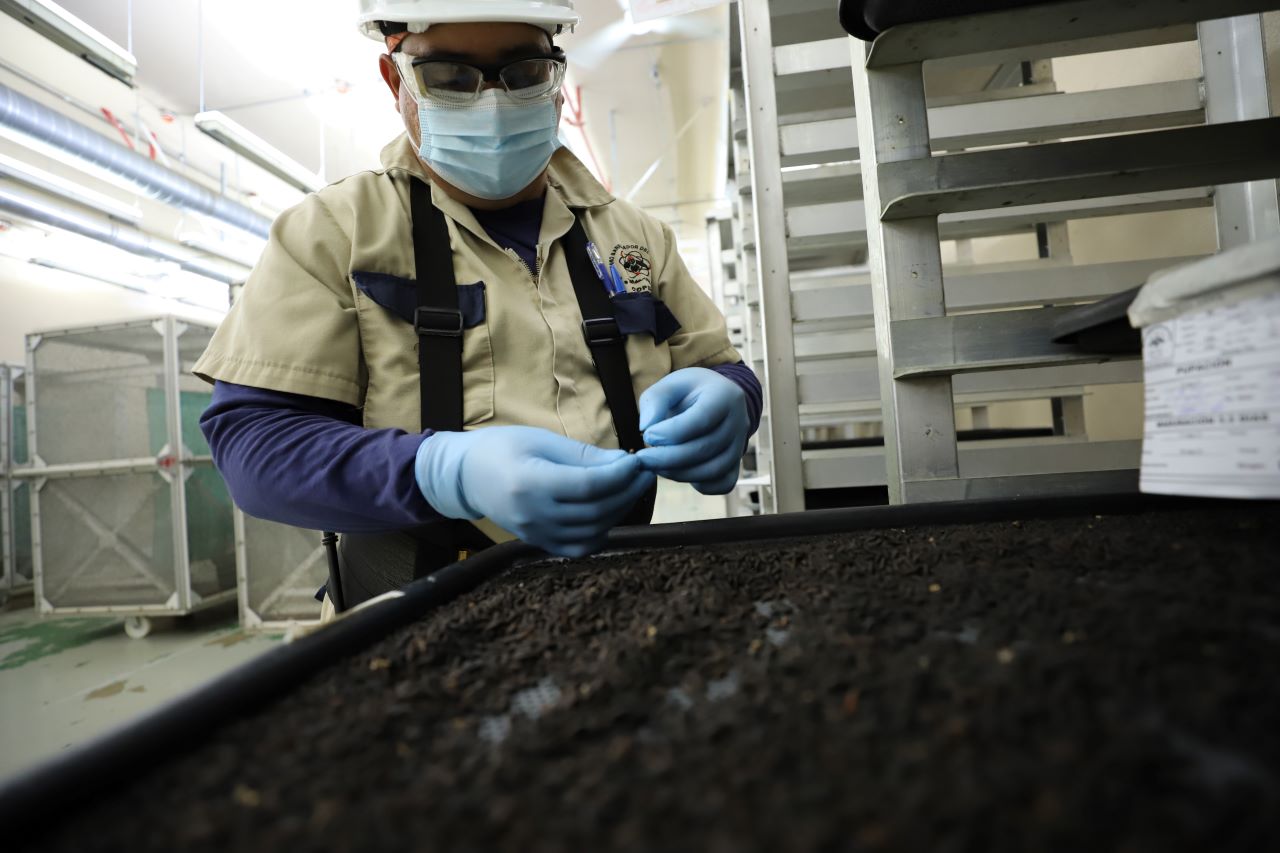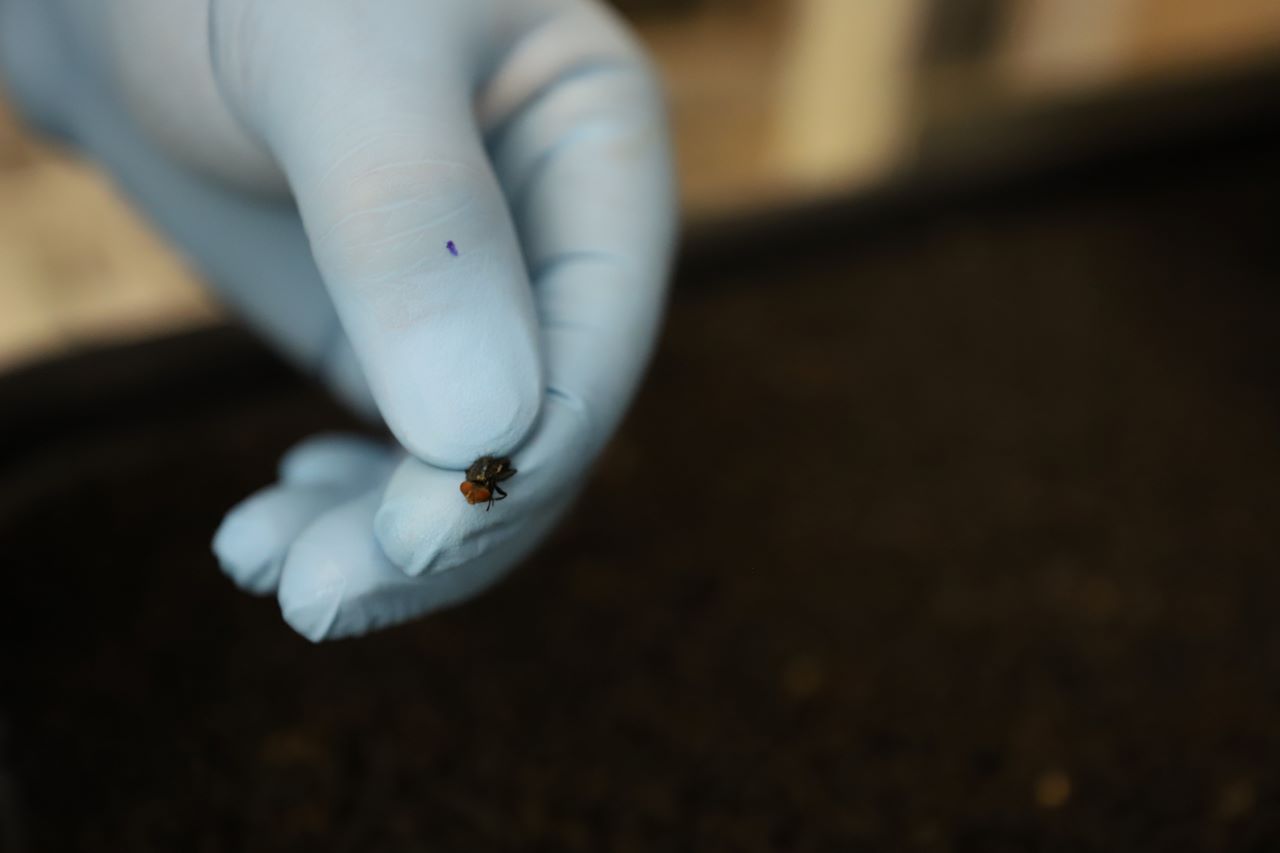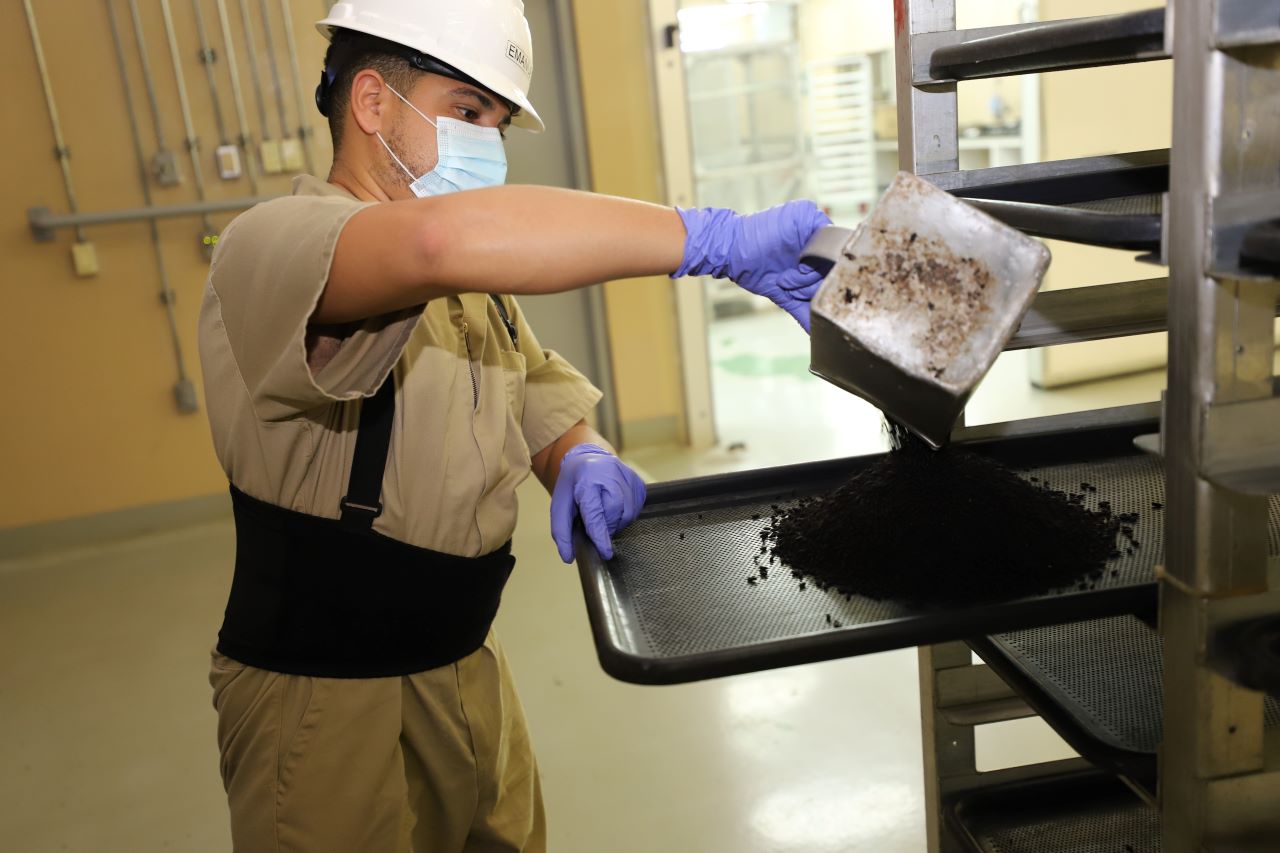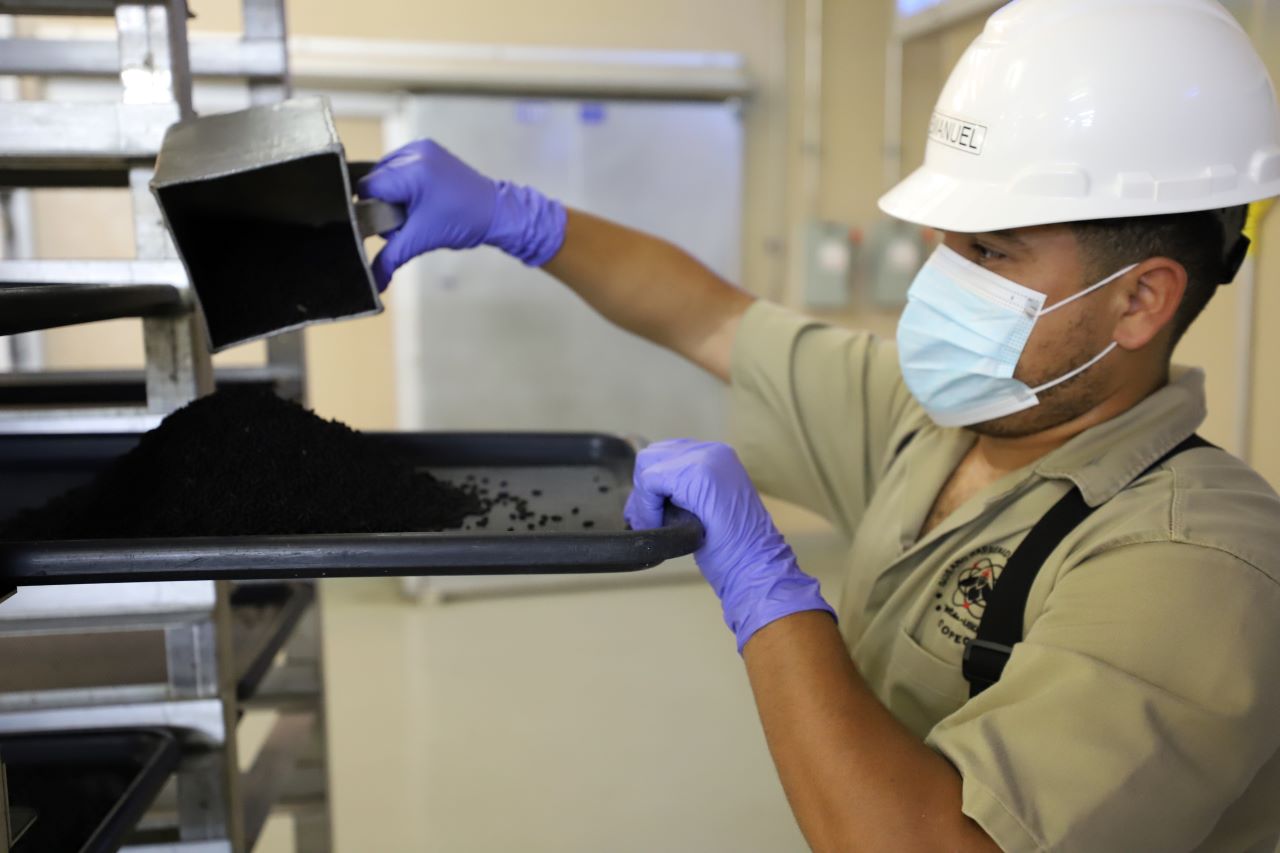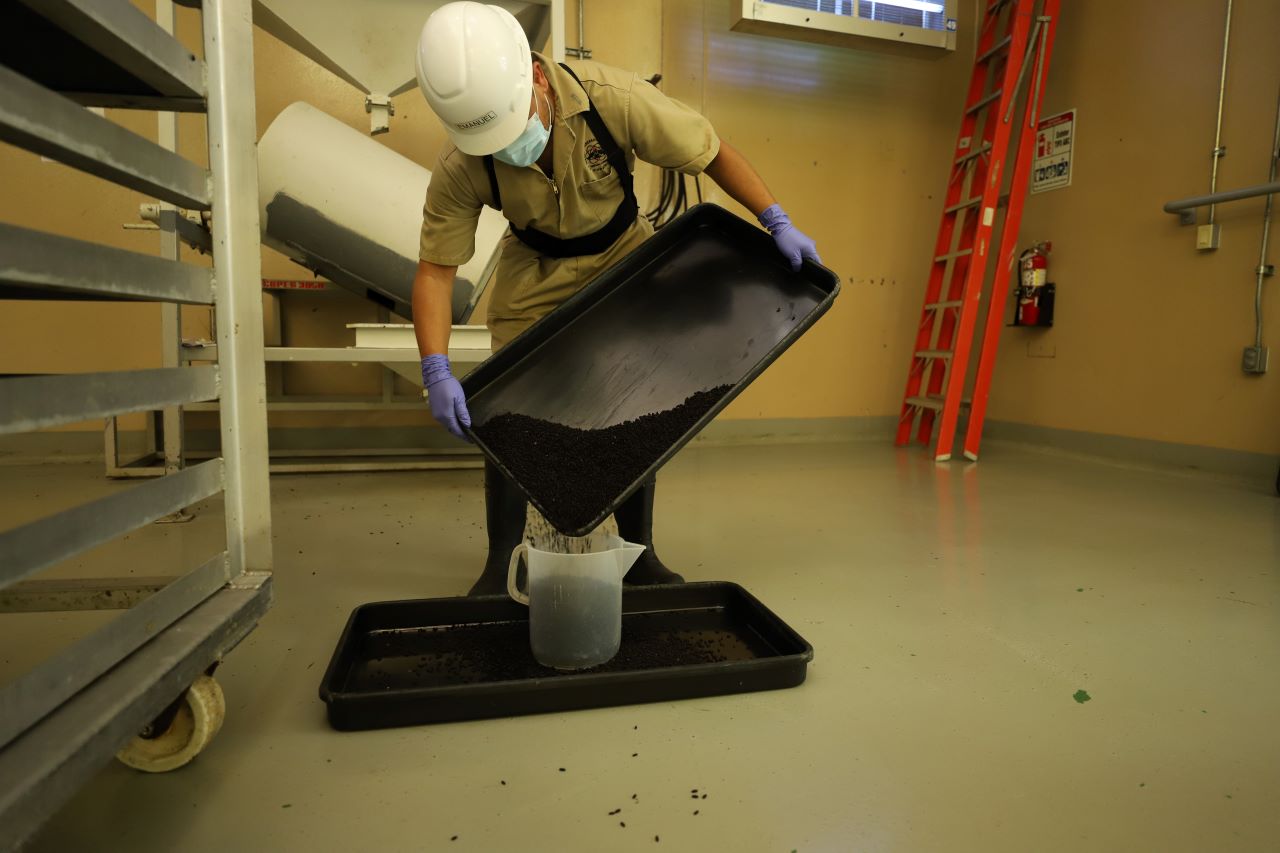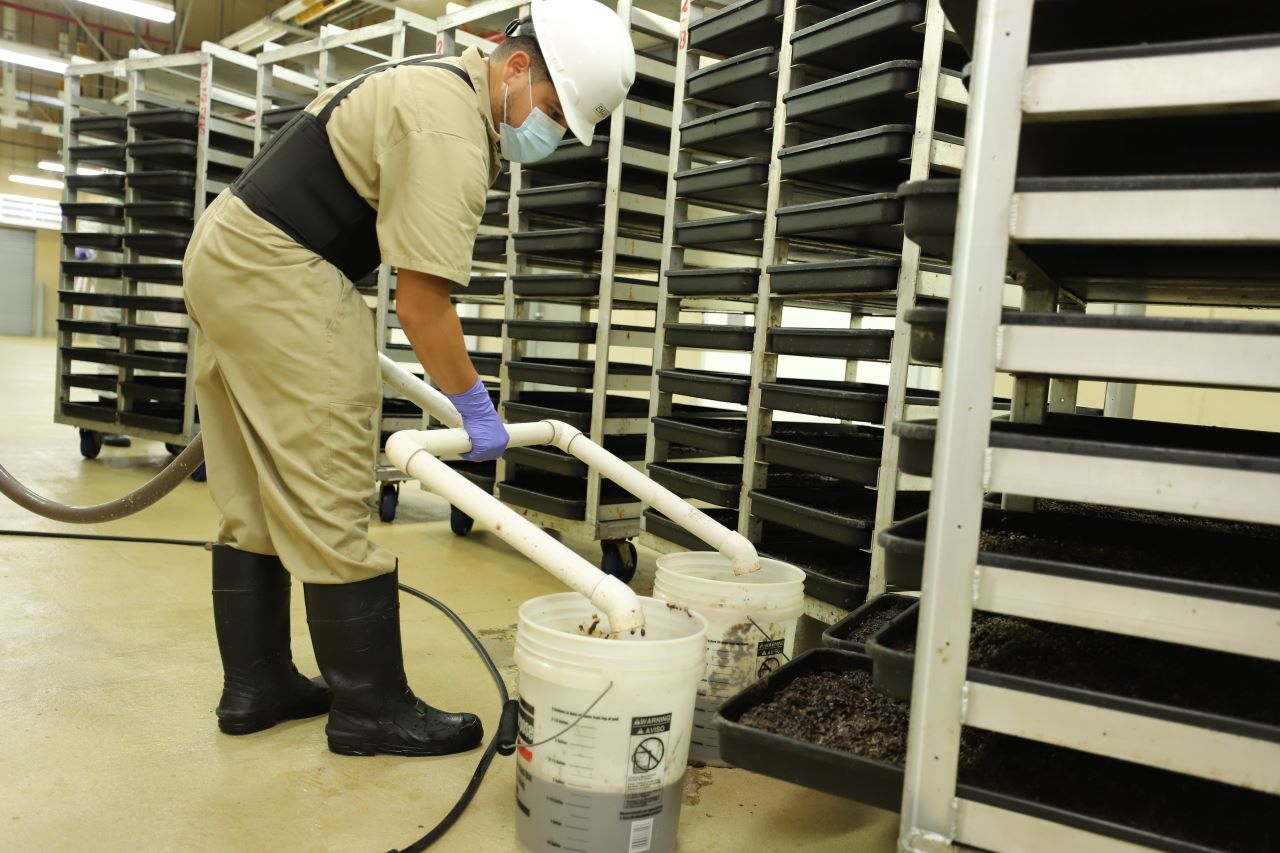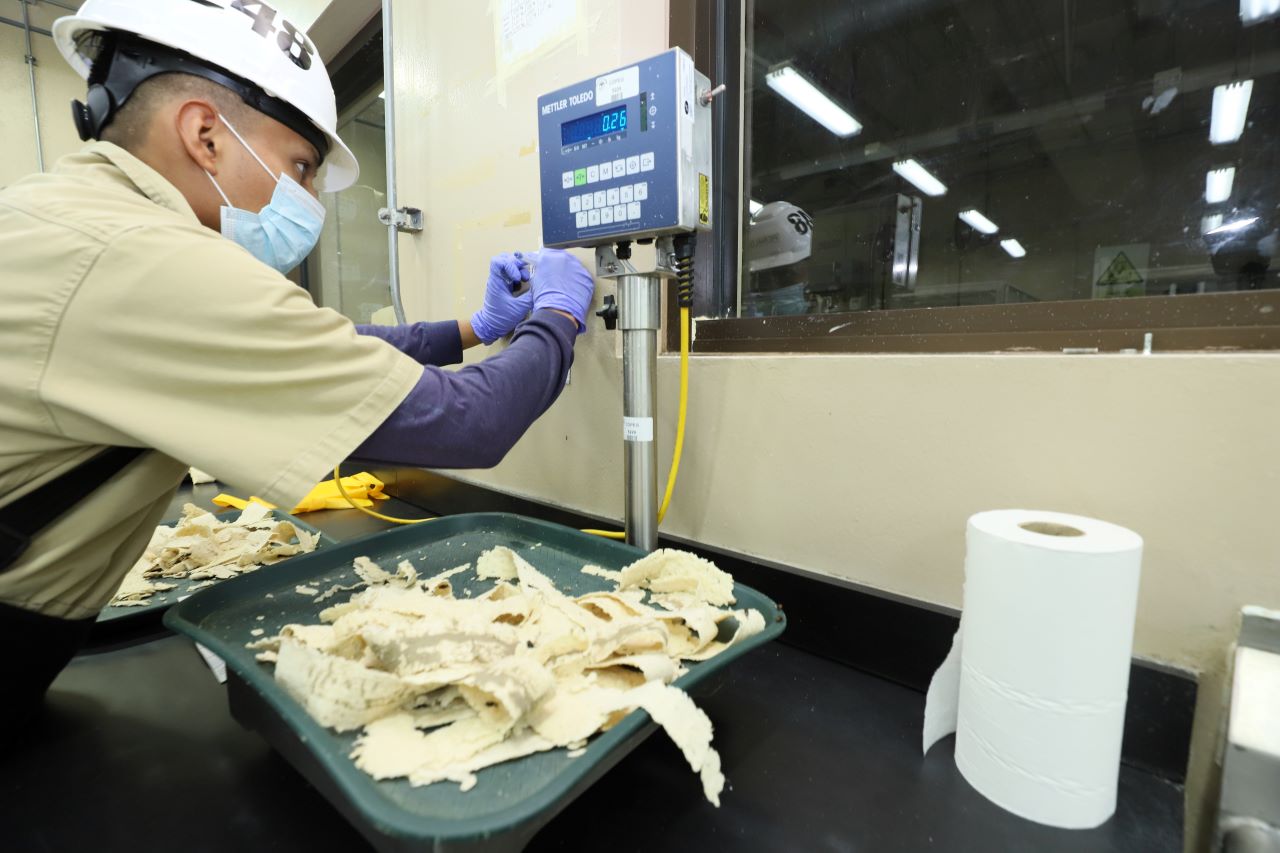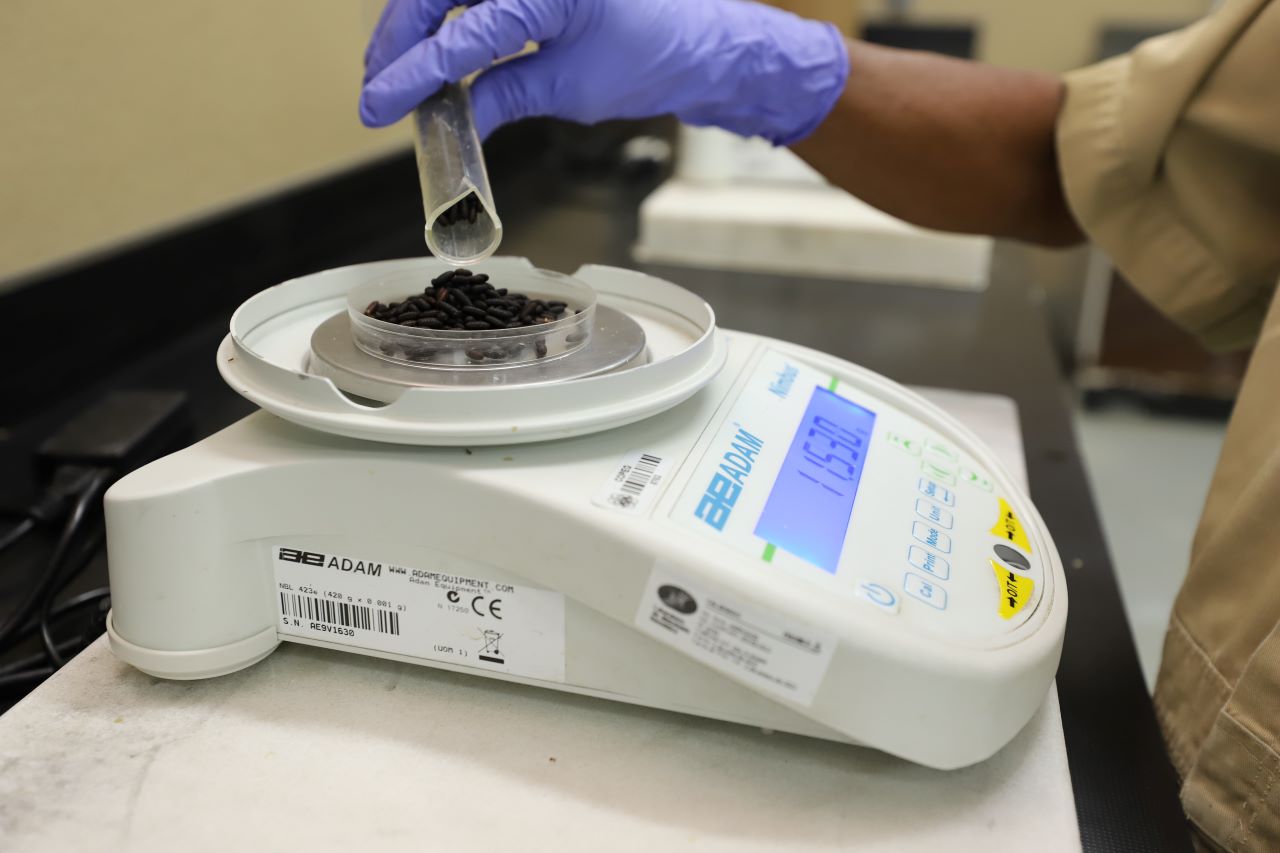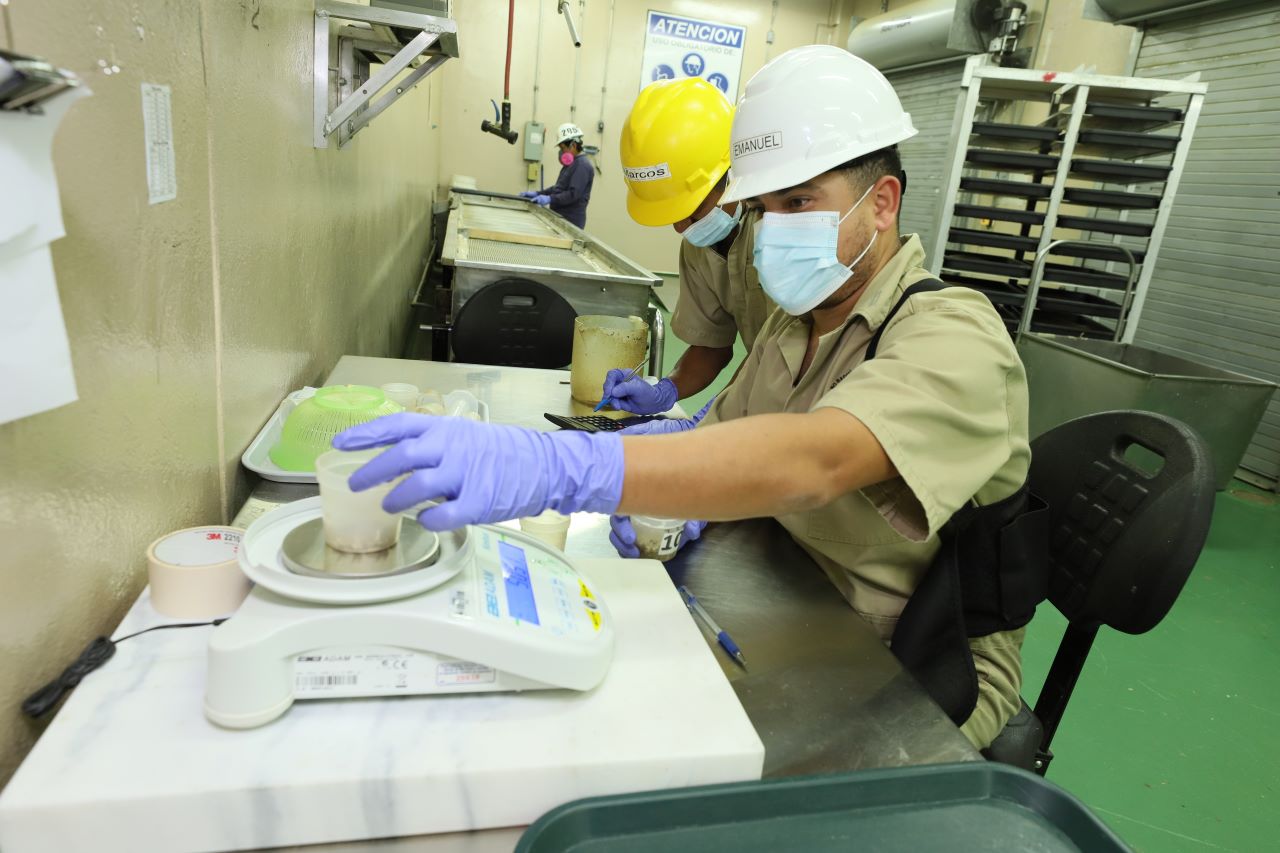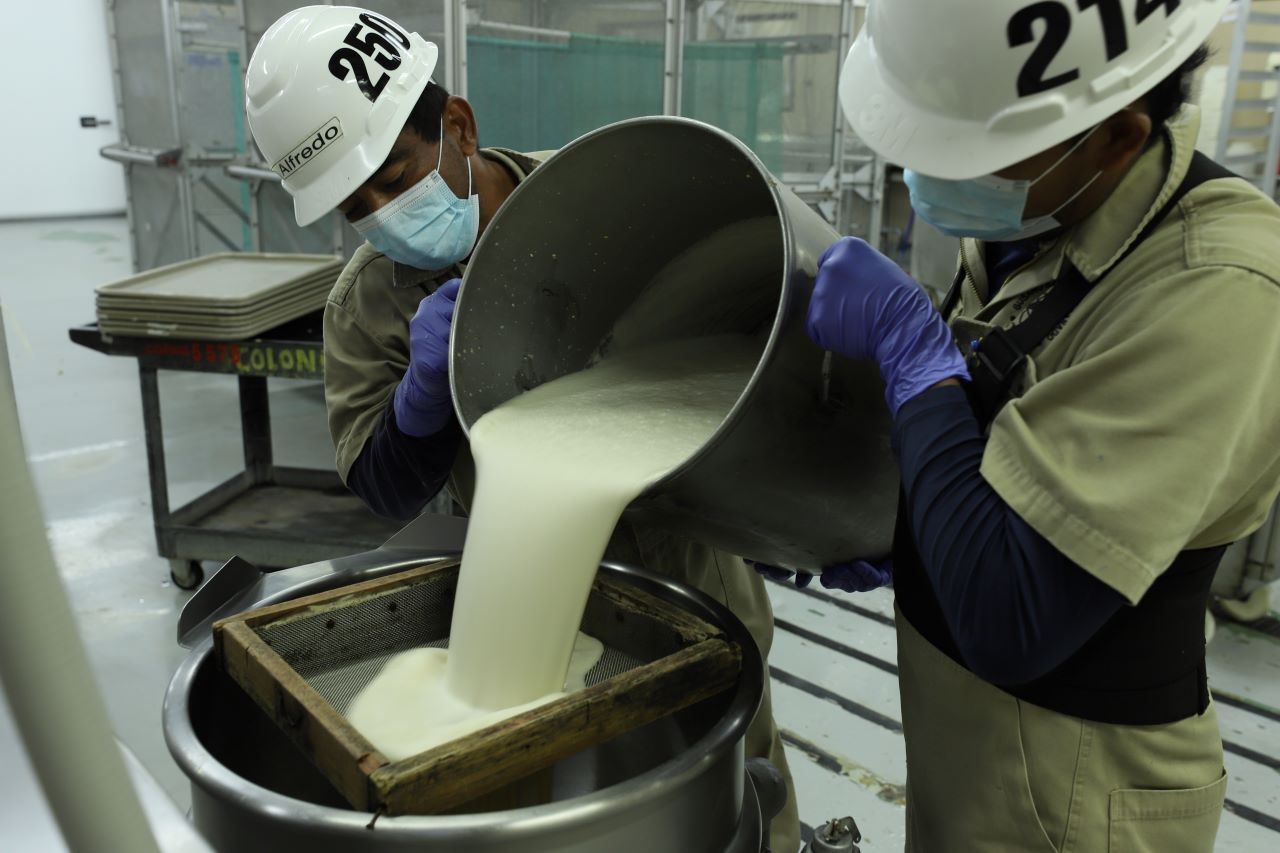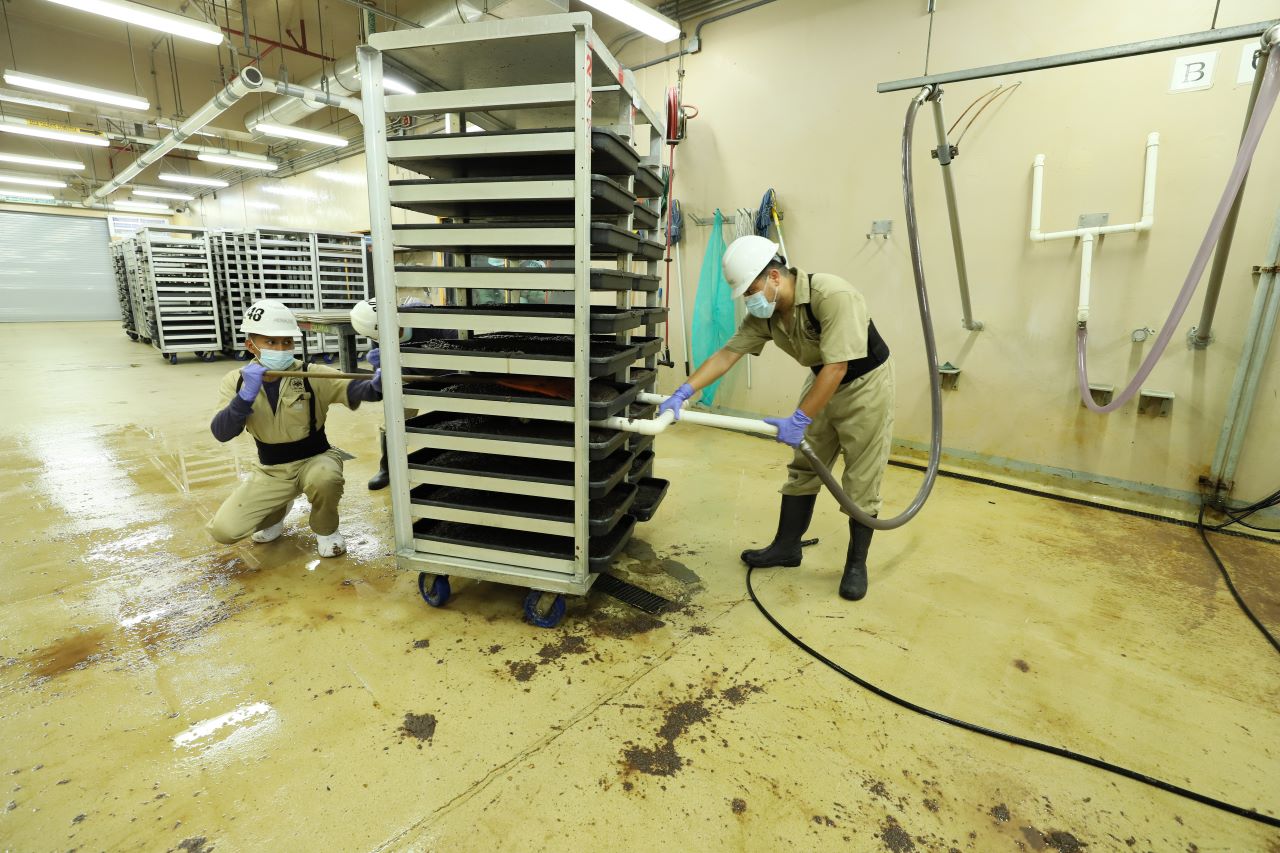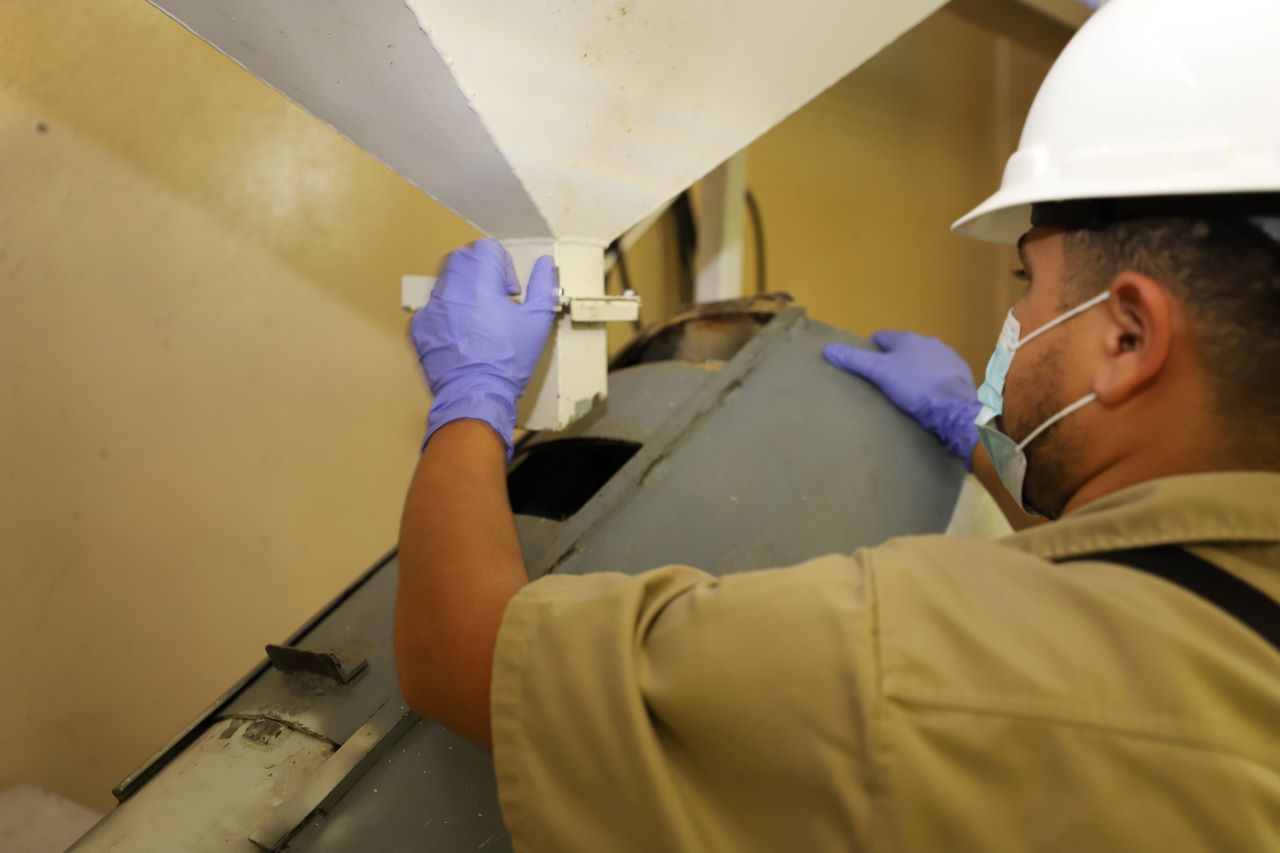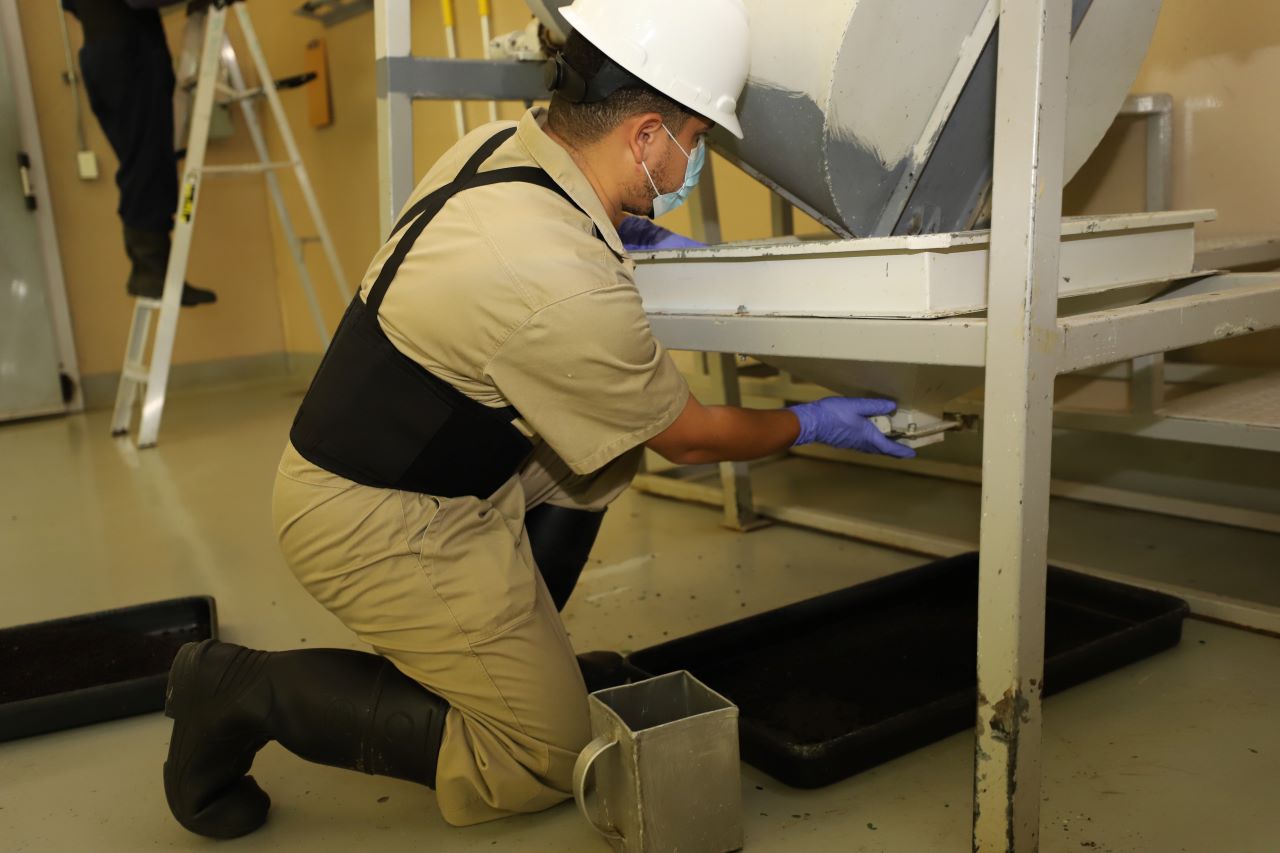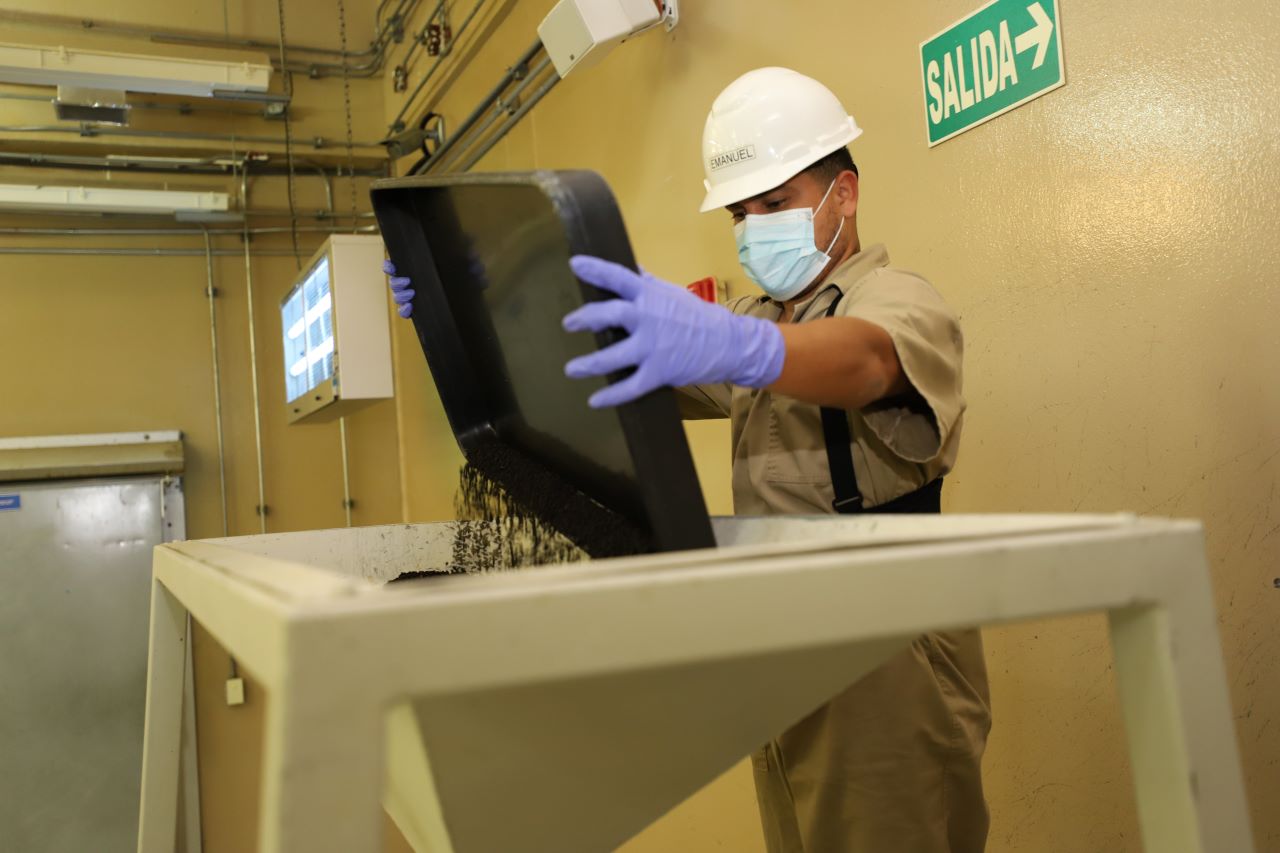Processes
Processes - The Sterile Fly Producing Plant
Processes
Processes - The Sterile Fly Producing Plant
The Sterile Fly Producing Plant
The Sterile Fly Producing Plant of the Screwworm was inaugurated in July 2006 in Pacora, Panama. It is an industrial facility designed for the mass production of New World Screwworm (NWS) flies, to maintain a biological barrier east of Panama, as part of a regional eradication and control program, managed by a joint commission operated by the U.S. Department of Agriculture and Panama’s Ministry of Agricultural Development. The plant follows BSL biosecurity protocols with characteristics 2 and 3, ensuring that fertile screwworms cannot escape from the plant. For mass breeding, NWS is fed with an artificial diet and kept in controlled environments that simulate natural conditions; however, it allow complete domain of the development of the insect’s life cycle – eggs, larvae, pupae, adults – for optimal production and meet the requirements for dispersion in the biological barrier.
The production plant consists of several specialized departments Diet Mixingwith industrial mixers for the daily preparation of the larval diet Production processes (Manages the production of NWS through a fertile colony), Irradiation (Sterilizes insects using specialized irradiators) Biological Safety (It is ensured that biosecurity systems are maintained following protocols), Methods Development (proposes, evaluates and applies methods to improve the quality of NWS fly mass production processes), Quality Control (Evaluates the quality of supplies used in the diet and controls biological quality) and Laundry (Keeps clothes clean for plant personnel).
The plant has a production of 20 million pupa per week: inside the plant, in the Colony room under biosecurity – 1.5 million fertile insects. Biological safety, external part of the plant – 1.5 million sterile flies.
For the dispersion and maintenance of the biological barrier – 17 million sterile pupae yielding 15 million sterile flies.
The capacity production of the plant is 100 million sterile insects per week, which allows the program to have enough production to disperse, in case of outbreaks in previously eradicated areas and countries, which are normally free of NWS, or for the eradication of programs in countries naturally infested with NWS, located in the Caribbean and South America.
